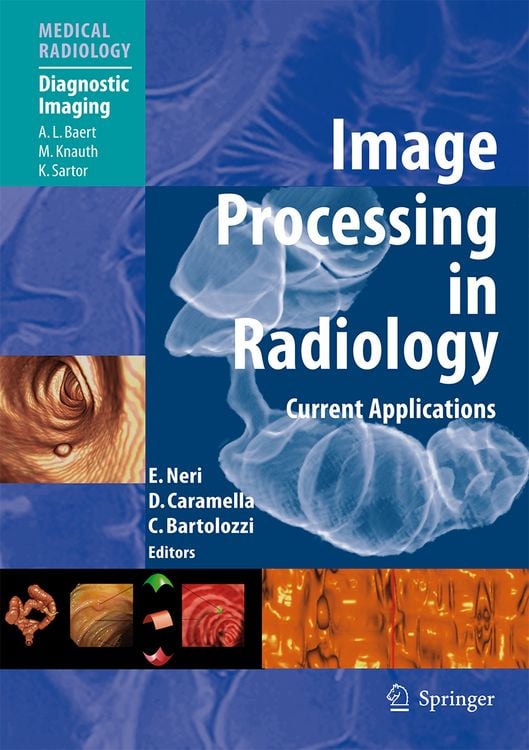
Image Processing in Radiology Current Applications
-
- Hardcover ausgewählt
- Taschenbuch
- eBook
-
Sprache:Englisch
187,99 €
UVP
213,99 €
inkl. MwSt,
Lieferung nach Hause
Beschreibung
Details
Einband
Gebundene Ausgabe
Erscheinungsdatum
14.11.2007
Abbildungen
XV, w. mit 600 Illustrationen 27 cm
Herausgeber
Emanuele Neri + weitereVerlag
Springer BerlinSeitenzahl
438
Maße (L/B/H)
26,6/19,8/2,9 cm
Gewicht
1147 g
Auflage
2008
Sprache
Englisch
ISBN
978-3-540-25915-2
Few fields have witnessed such impressive advances as image processing in radiology. The progress achieved has revolutionized diagnosis and greatly facilitated treatment selection and accurate planning of procedures. This book, written by leading experts from many countries, provides a comprehensive and up-to-date description of how to use 2D and 3D processing tools in clinical radiology. The first section covers a wide range of technical aspects in an informative way. This is followed by the main section, in which the principal clinical applications are described and discussed in depth. To complete the picture, a third section focuses on various special topics. The book will be invaluable to radiologists of any subspecialty who work with CT and MRI and would like to exploit the advantages of image processing techniques. It also addresses the needs of radiographers who cooperate with clinical radiologists and should improve their ability to generate the appropriate 2D and 3D processing.
Weitere Bände von Medical Radiology
-
Diagnostic Nuclear Medicine von Christiaan Schiepers
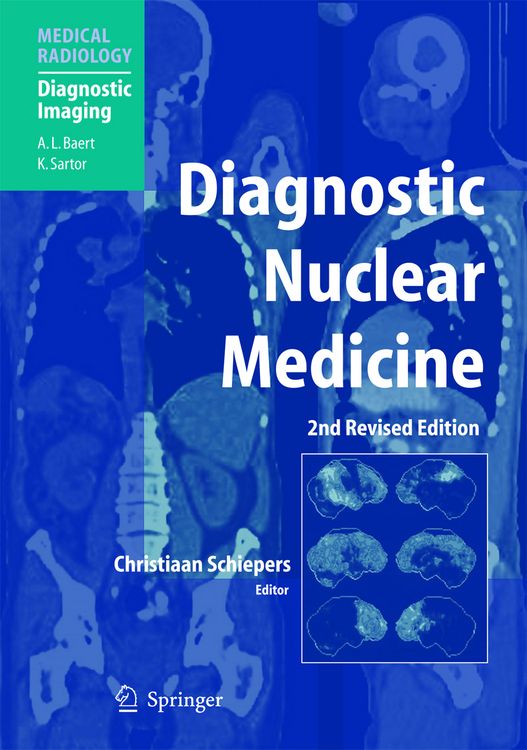 - 12%
- 12%Christiaan Schiepers
Diagnostic Nuclear MedicineBuch
187,99 €
213,99 €* -
CT of the Peritoneum von Armando Rossi
 - 12%
- 12%Armando Rossi
CT of the PeritoneumBuch
187,99 €
213,99 €* -
Color Doppler US of the Penis von Michele Bertolotto
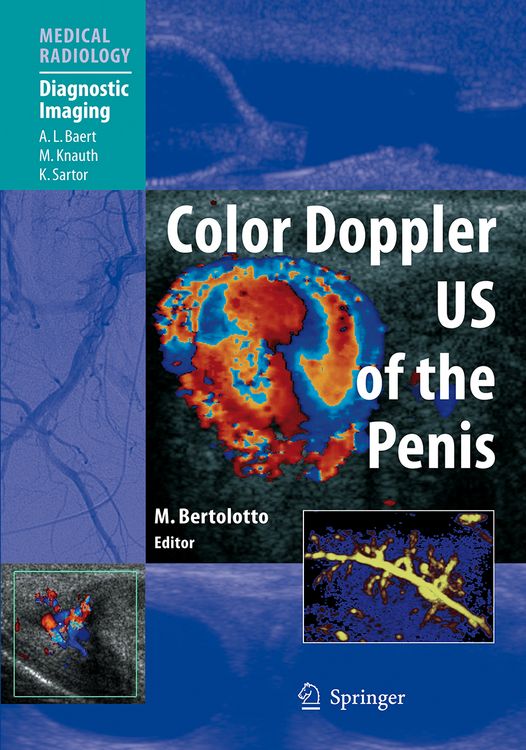 - 12%
- 12%Michele Bertolotto
Color Doppler US of the PenisBuch
139,99 €
160,49 €* -
Imaging in Pediatric Skeletal Trauma von Karl J. Johnson
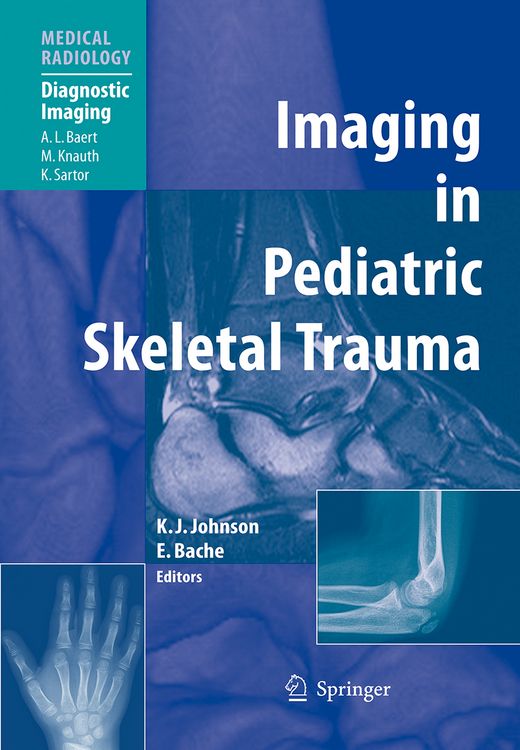 - 12%
- 12%Karl J. Johnson
Imaging in Pediatric Skeletal TraumaBuch
139,99 €
160,49 €* -
Imaging in Transplantation von Alexander A. Bankier
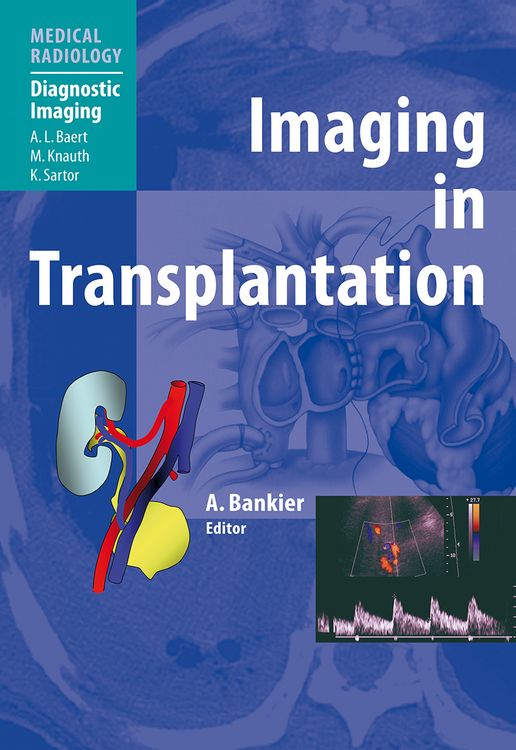 - 12%
- 12%Alexander A. Bankier
Imaging in TransplantationBuch
139,99 €
160,49 €* -
Screening and Preventive Diagnosis with Radiological Imaging von Maximilian Reiser
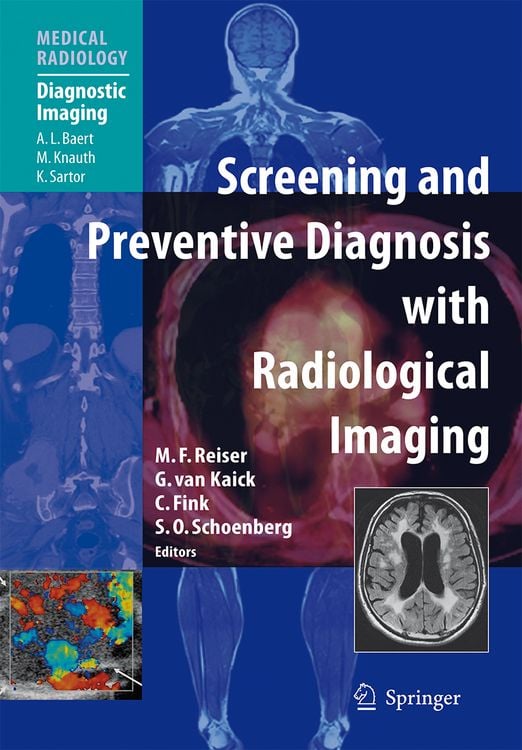
Maximilian Reiser
Screening and Preventive Diagnosis with Radiological ImagingBuch
187,99 €
-
Image Processing in Radiology von Emanuele Neri
 - 12%
- 12%Emanuele Neri
Image Processing in RadiologyBuch
187,99 €
213,99 €* -
Percutaneous Tumor Ablation in Medical Radiology von Thomas J. Vogl
 - 12%
- 12%Thomas J. Vogl
Percutaneous Tumor Ablation in Medical RadiologyBuch
139,99 €
160,49 €* -
Virtual Colonoscopy von Philippe Lefere
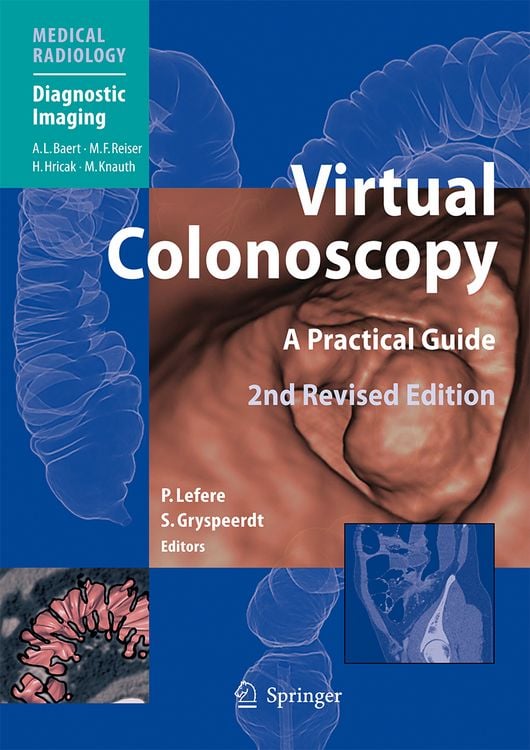 - 13%
- 13%Philippe Lefere
Virtual ColonoscopyBuch
185,99 €
213,99 €* -
Intracranial Vascular Malformations and Aneurysms von Michael Forsting
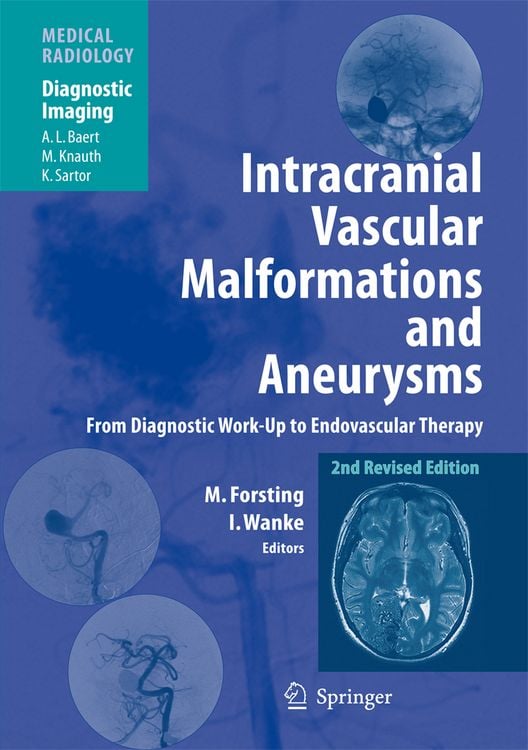 - 13%
- 13%Michael Forsting
Intracranial Vascular Malformations and AneurysmsBuch
92,99 €
106,99 €* -
Vascular Embolotherapy von Jafar Golzarian
 - 12%
- 12%Jafar Golzarian
Vascular EmbolotherapyBuch
187,99 €
213,99 €* -
Parallel Imaging in Clinical MR Applications von Stefan O. Schoenberg
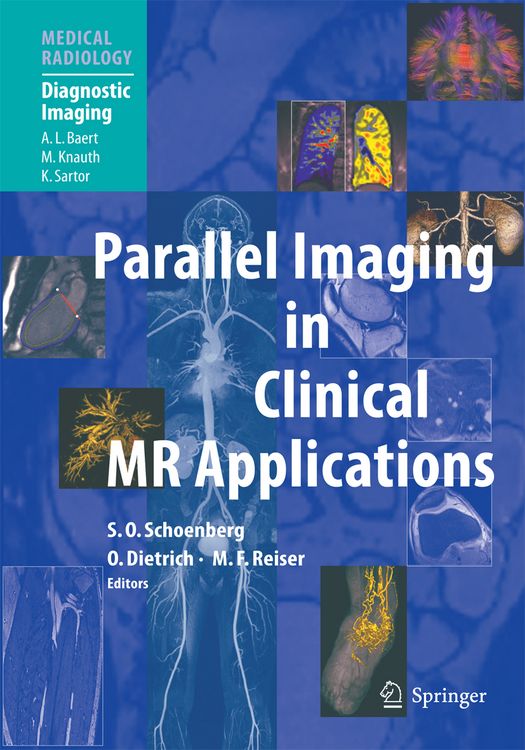 - 12%
- 12%Stefan O. Schoenberg
Parallel Imaging in Clinical MR ApplicationsBuch
281,99 €
320,99 €*
Unsere Kundinnen und Kunden meinen
Verfassen Sie die erste Bewertung zu diesem Artikel
Helfen Sie anderen Kund*innen durch Ihre Meinung
Kurze Frage zu unserer Seite
Vielen Dank für dein Feedback
Wir nutzen dein Feedback, um unsere Produktseiten zu verbessern. Bitte habe Verständnis, dass wir dir keine Rückmeldung geben können. Falls du Kontakt mit uns aufnehmen möchtest, kannst du dich aber gerne an unseren Kund*innenservice wenden.
zum Kundenservice